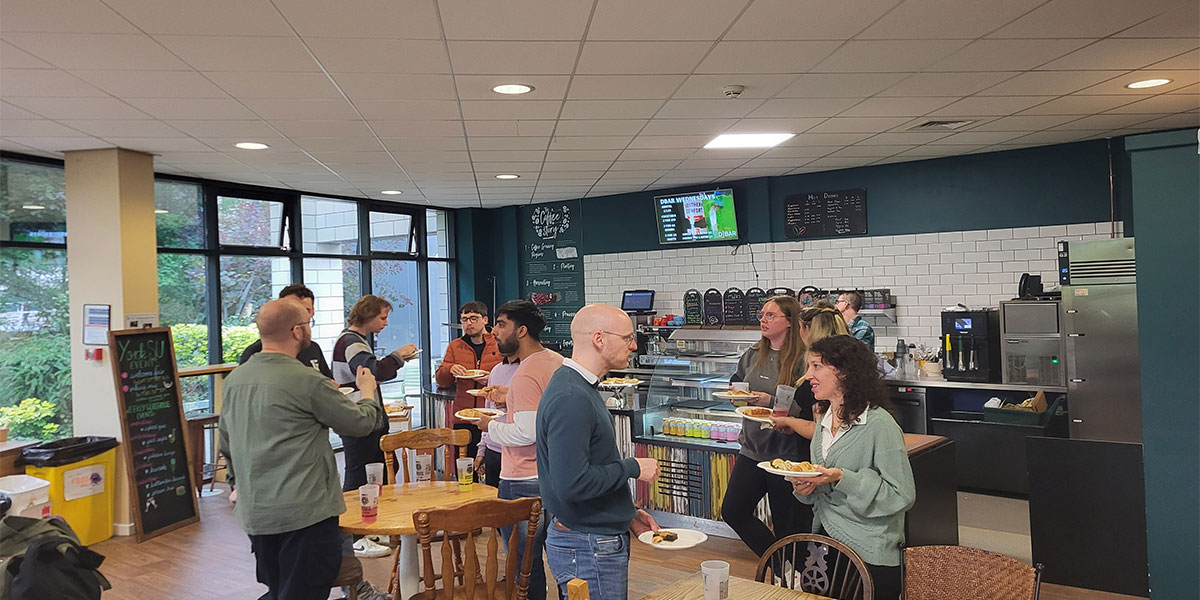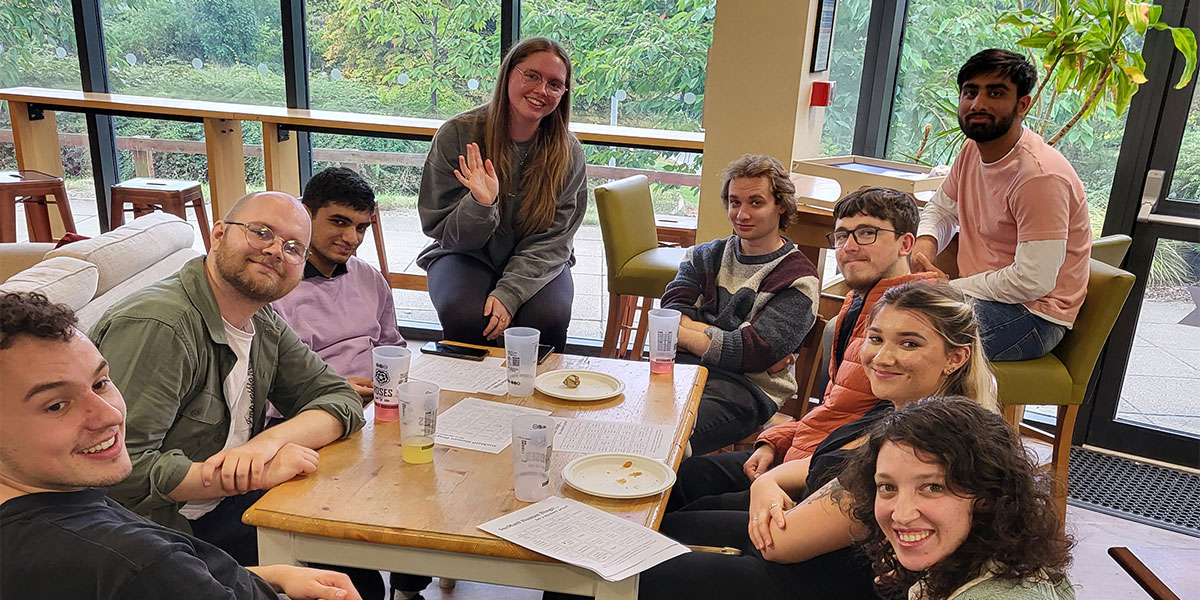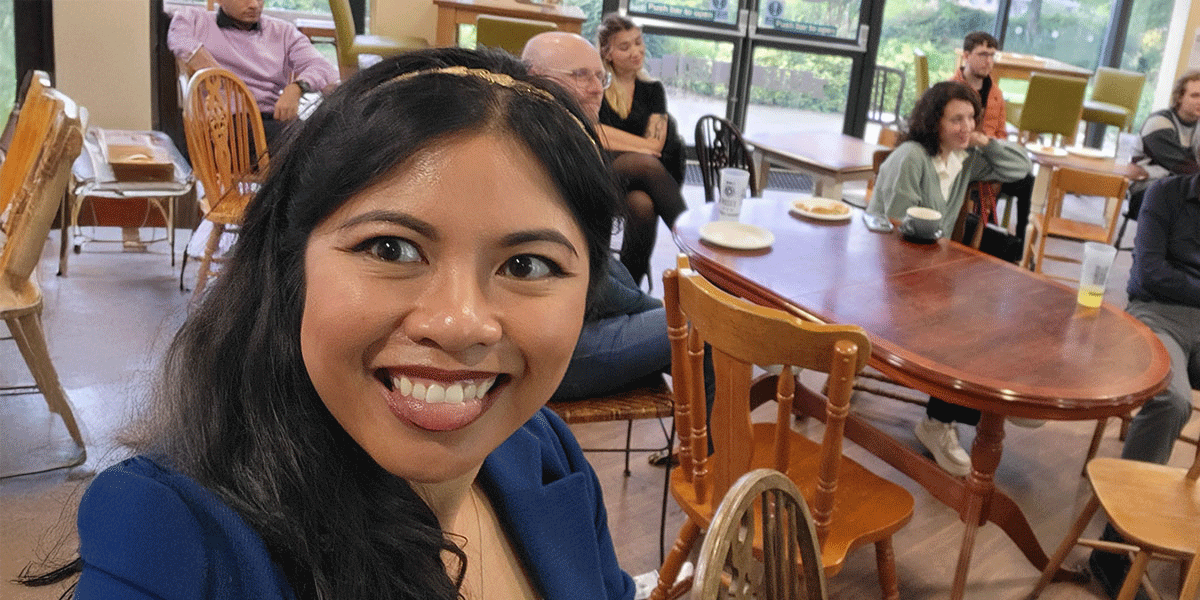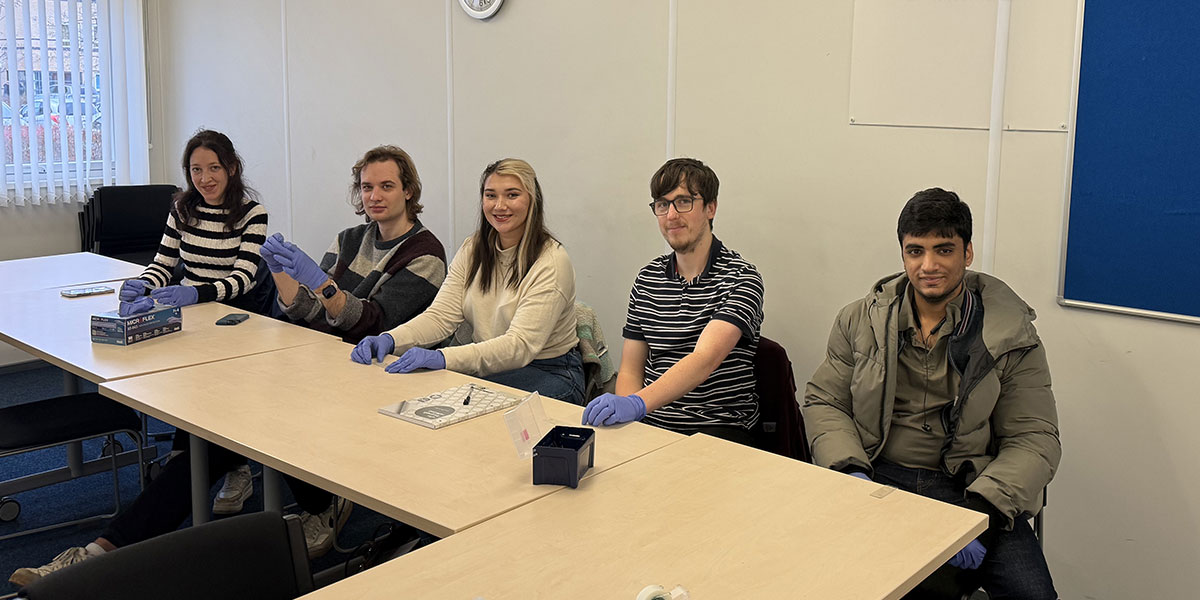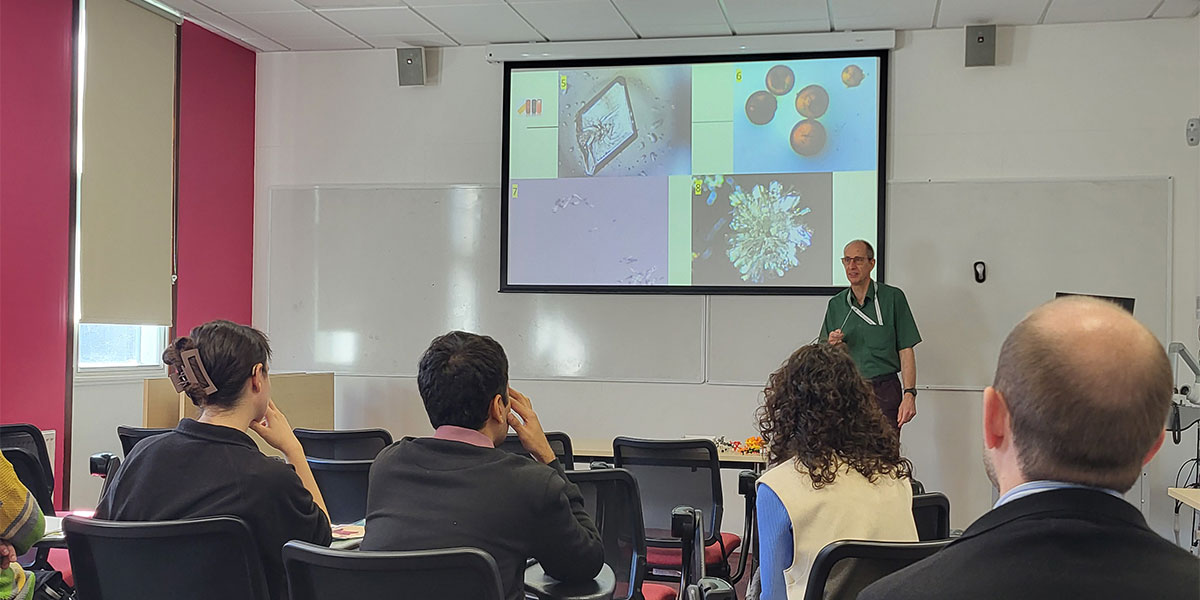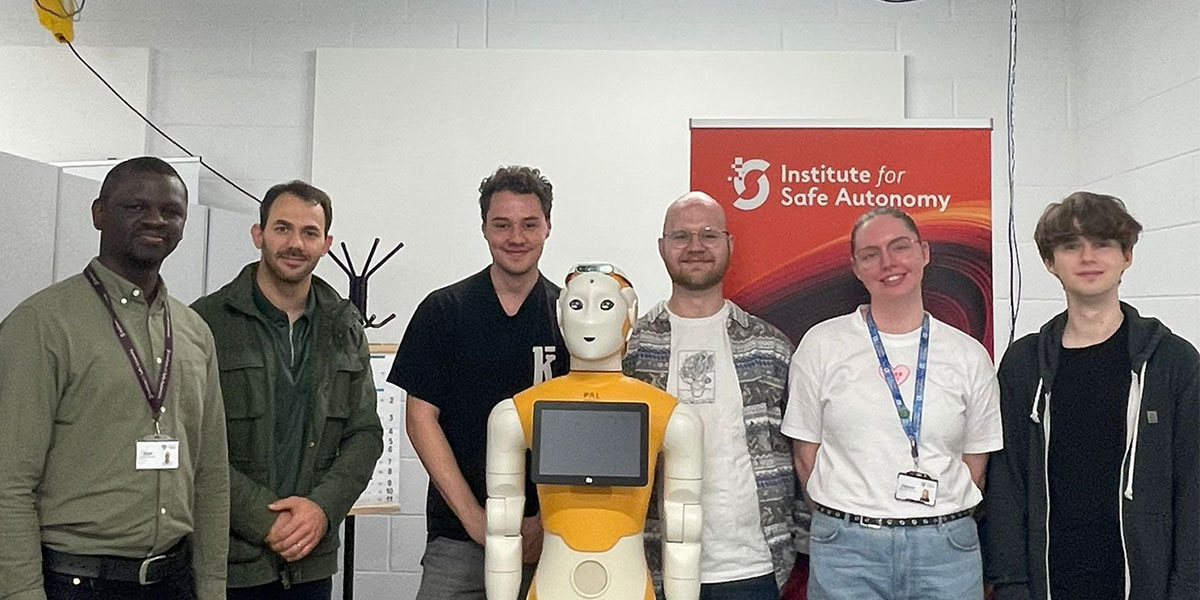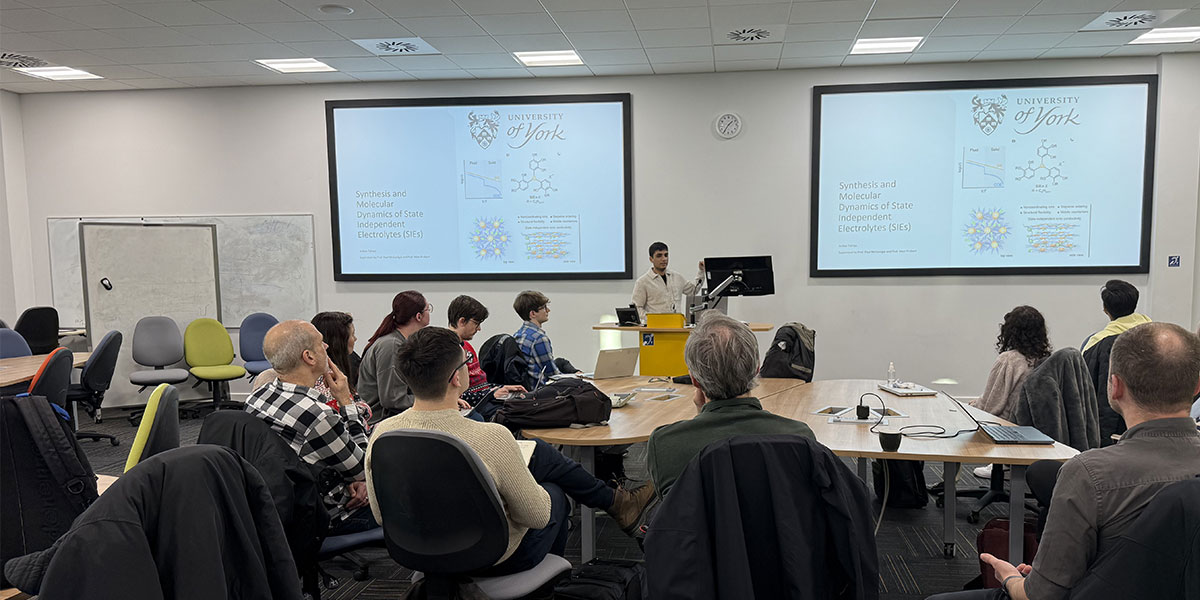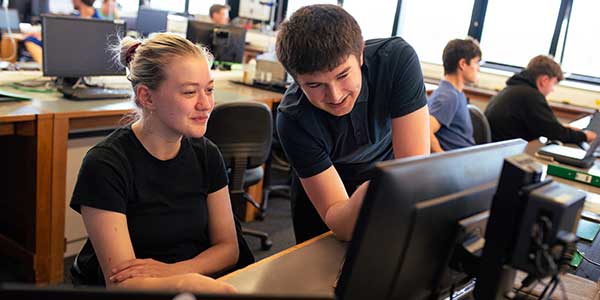Our over-reliance on fossil fuels and ever-increasing demand for power-hungry technologies requires urgent action from governments, industry and society. With climate change, war in Europe, soaring energy costs, and shortages of critical raw materials, this has been brought more sharply into focus than ever before.
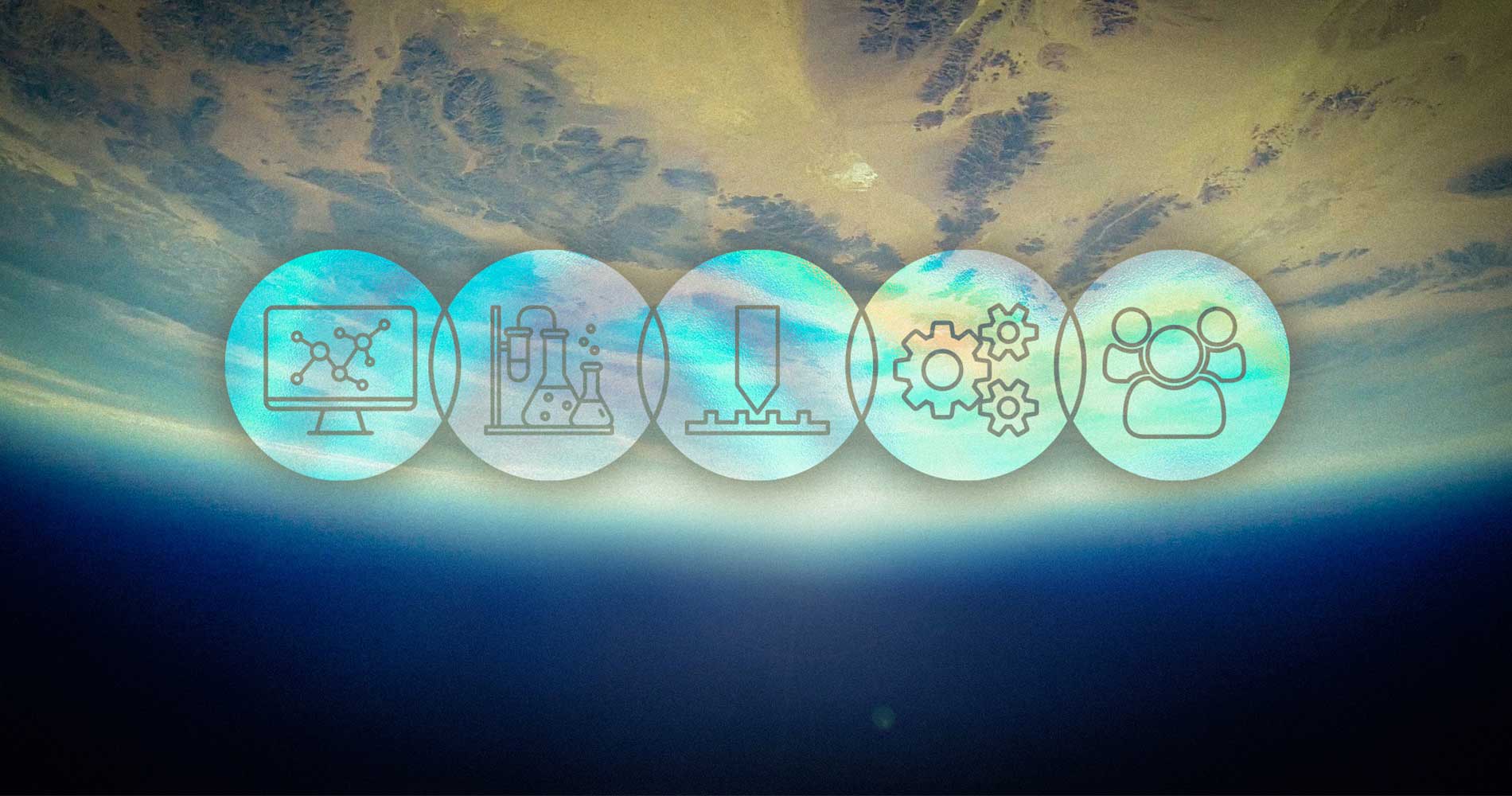
The Centre for Doctoral Training in Sustainable Materials for Net Zero
Our vision
The development, optimisation and translation of sustainable materials for advanced energy-related technologies will play a key role in tackling this challenge and achieving the target of net zero emissions by 2050. As well as exhibiting excellent performance, sustainable materials need to be Earth abundant, non-toxic and recyclable.
The Centre for Doctoral Training in Sustainable Materials for Net Zero (SusMat0) is focused on the development and translation of such materials. It includes research on materials for energy generation/storage technologies (for example solar cells, batteries), devices with improved energy efficiency (for example OLEDs, memories, power electronics) and technologies for synthesising chemicals using renewable energy.
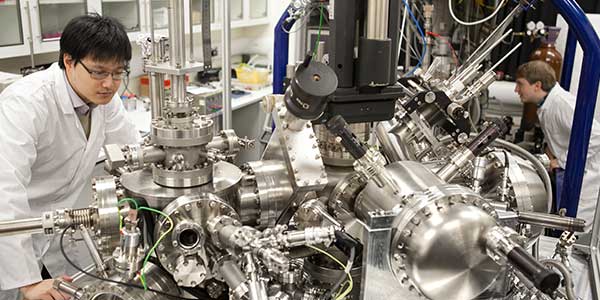
Across the Department of Chemistry and the School of Physics, Engineering and Technology at York, we have developed an extensive portfolio of materials research underpinning energy-efficient technologies (including photovoltaics, light-emitting displays and power electronics). Our expertise spans from fundamental materials discovery and optimisation to innovation and translational work with strong links with industry.
Our image gallery
I have really enjoyed getting to meet with other students and lecturers who have access to different facilities within the university. Being able to network and gain access to new techniques that I might not have otherwise known about has helped me to explore more areas within my PhD and gain a broader understanding. I chose the CDT SusMat0 because I enjoyed the idea of being joint between departments and of being a part of a cohort that could learn together.
Maddy
Interdisciplinary research
The SusMat0 team combines complementary research skills and techniques to deliver world-leading expertise across the four pillars of advanced materials science:
- predictive modelling
- advanced synthesis and processing
- materials and device characterisation
- translation and innovation
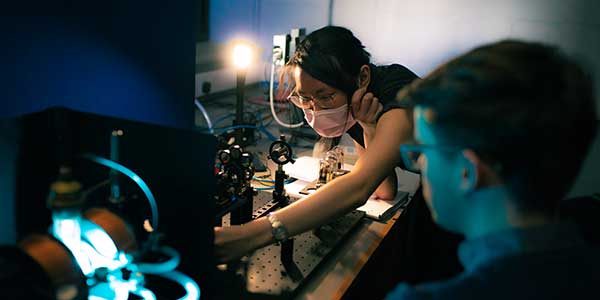
The sensors and devices lectures were quite interesting. I don't come from an engineering background, so it was interesting to learn about the engineering behind the instruments we use every day. As for actual practical training, I think the microscopy stuff was the most fun. There's lots of collaboration between groups, which is great if your interests span multiple areas.
Jack

